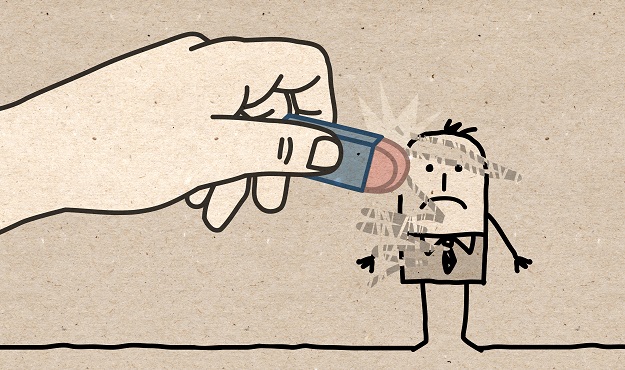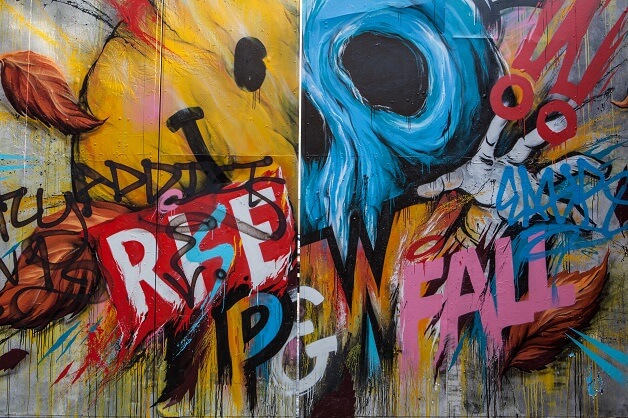Communications Decency Act (CDA)
-
June 18, 2020
Section 230 Update: DOJ, Sen. Hawley Propose Limiting Online Platforms’ Protections
On June 17, 2020, in a 28-page report released on the topic of online platform liability, the U.S. Department of Justice proposed four material modifications of Section 230 of the CDA: Narrowing Section 230’s applicability...
Marc Zwillinger, Jason Wool, Anna Hsia, Ariel Oxman

-
April 18, 2018
New Law Weakens Section 230 Immunity
Two events may change the rules for interactive website operators: (1) the FBI seizing Backpage.com and (2) the enactment of SESTA/FOSTA, amending CDA Section 230 immunity. The FBI’s seizure of Backpage.com, an online classifieds site...
Jill Guidera Brown

-
August 9, 2017
What Google’s Fight Against A Canadian Injunction Could Mean for The “Right to Be Forgotten”
When an elusive defendant disappeared from Canada amid a trade secrets case, a Canadian trial court, finding itself out of options, turned to Google to try to enforce its orders. The court issued an injunction...
Anna Myers, Nick Jackson

-
October 25, 2016
Lessons from Backpage: CDA is not an Impenetrable Shield
Section 230 of the Communications Decency Act (“CDA”) provides a safe harbor for certain online companies that host content generated by third parties, but this protection only applies to some types of liability, such as...
Anna Myers

-
September 15, 2016
SCOTUS Order: Ad Site Backpage Must Comply with Senate Subpoena
The Supreme Court issued a final order declining to block a subpoena issued by the U.S. Senate Permanent Subcommittee on Investigations (“Subcommittee”) to the classified advertisement website Backpage.com. The subpoena dates back to October 2015,...
Keir Lamont

-
September 21, 2015
CDA Doesn’t Protect Website That Helps Develop Illegal Content
Internet service providers and other online services that publish third-party content (like user-posted videos, reviews and ads) rely upon Section 230 of the Communications Decency Act (CDA) to provide them with immunity from liability for...
Kandi Parsons
